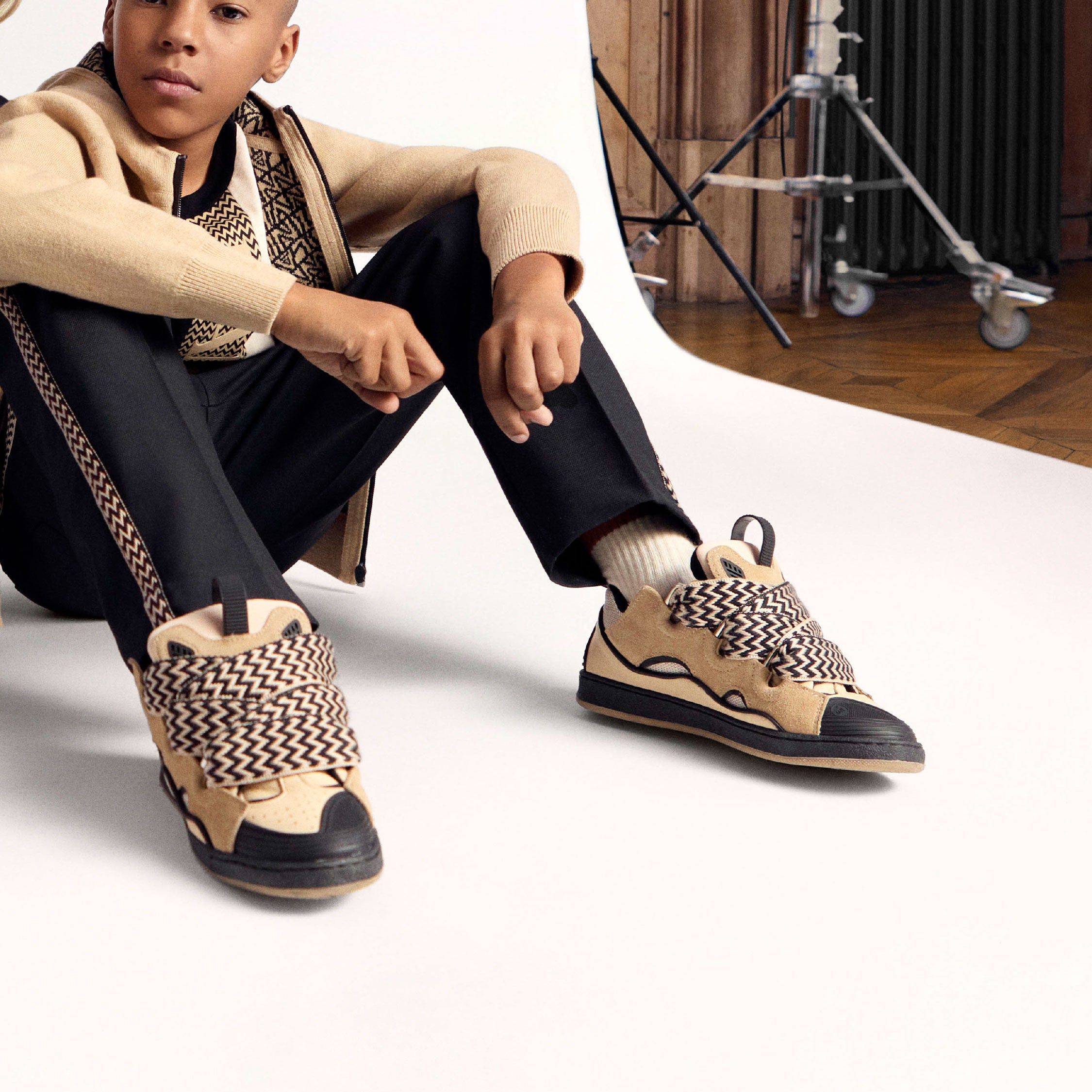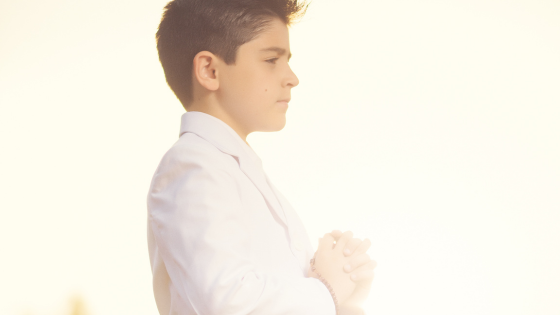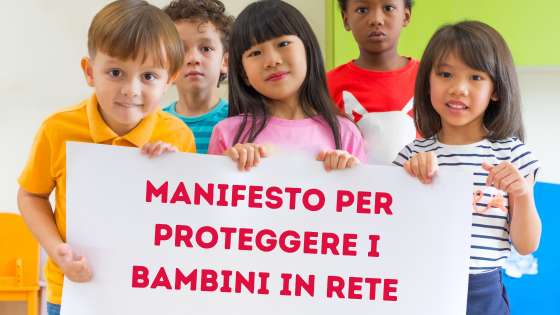Children's pain: woe betide you if you underestimate it!
“A kiss from mom and the boo goes away”: how many times have we (heard) this phrase and how much truth is there in it? Numerous studies confirm that , if on the one hand the kiss of someone who loves you is the most powerful painkiller in the world, the pain felt by children is equally true .
In fact, until a few years ago, it was thought that children couldn't even feel pain, but current research turns the question on its head. Well, yes, children suffer as much and more than adults.
Learn more about the topic with us at Mancini junior throughout the article .
Children's pain: studies
Scientific studies show that from the 23rd week of gestation the fetus feels pain . This is because it has more pain receptors than adults and also because the nerve fibers responsible for recognizing pain in time develop with the passing of years and body development.

This, in short, means that children suffer from a very young age and, therefore, like adults, deserve the right attention and the right approach. How to behave? Let's read the latest research data together .
Children's pain: research
It all starts from AstraRicerche which conducted a survey placing pain at the centre. If 7 out of 10 adults suffer, 8 out of 10 ignore the possibility that it may be children who suffer. It's all the fault of a prejudice that needs to be put aside.
AstraRicerche, in fact, leads us to shift our reflection on the way in which we adults treat (and sometimes) ignore the pain of the little ones. These are the data. At least once a week, 4 out of 10 Italian adults experience constant pain which in 68% of cases is limiting. This means that it prevents them from carrying out daily activities such as walking, working, etc. In light of these data, Italian paediatricians, for their part, invite us to treat children's pain with the same attention and awareness.
How many of us, caught up in the frenzy of everyday life, dismiss a headache or a tummy ache with "it will pass"? And how many times do we put TV, excessive use of the smartphone or little sleep as the cause of illness on the defendants' table? Well, first of all we ourselves must learn to intercept, delve into the topic of pain and find solutions suitable for pediatric age.
Gianvincenzo Zuccotti , vice-rector for relations with health institutions at the State University of Milan and director of the Paediatrics department of the Buzzi children's hospital, urges us not to underestimate the problem. This is because: "on the one hand, children may have difficulty explaining the extent and type of their discomfort, on the other because adults, caught by surprise, may panic and act irrationally. In this sense - he adds - it is positive that, in the case of pediatric pain, the first move of Italians is to consult the paediatrician, but at the same time, if the situation requires it, it is advisable to be able to intervene with specific drugs suitable for the 'age."
How do adults react to children's pain?
Zuccotti also explains that when adults suffer, it is easy to take a painkiller to alleviate the suffering, but it is different when the pain affects children . How to behave? What to do? One in three Italians - if they have children between the ages of 6 and 11 - contacts their pediatrician who is able to suggest the right path to take on a case-by-case basis.
But the first reaction of the adult world to the suffering of the little ones is displeasure because we would never want children to suffer, followed by anxiety and worry , feelings linked to the fear of not knowing how to manage or simply interpret the pain.
We at Mancini junior thought we would draw up a short list to recognize pain and learn how to relieve it adequately . Find out more below.
Children's pain: prevention is better than cure
Prevention is always the right strategy to follow, even when it affects the little ones. But how?
- We must listen carefully to the child's pain signals and believe his words in order to have the appropriate tools to help him and relieve him, in some way, of his suffering.
- Explain to the child what is happening: making him involved will make him more serene and collaborative.
- It is necessary to always rely on competent people to have a pain assessment. Contact your pediatrician .
- Your role is fundamental: it will act as a link between the child's pain and the doctors.
- Finally, try to make the child relax and distract himself and possibly administer ad hoc medications , under medical supervision.







